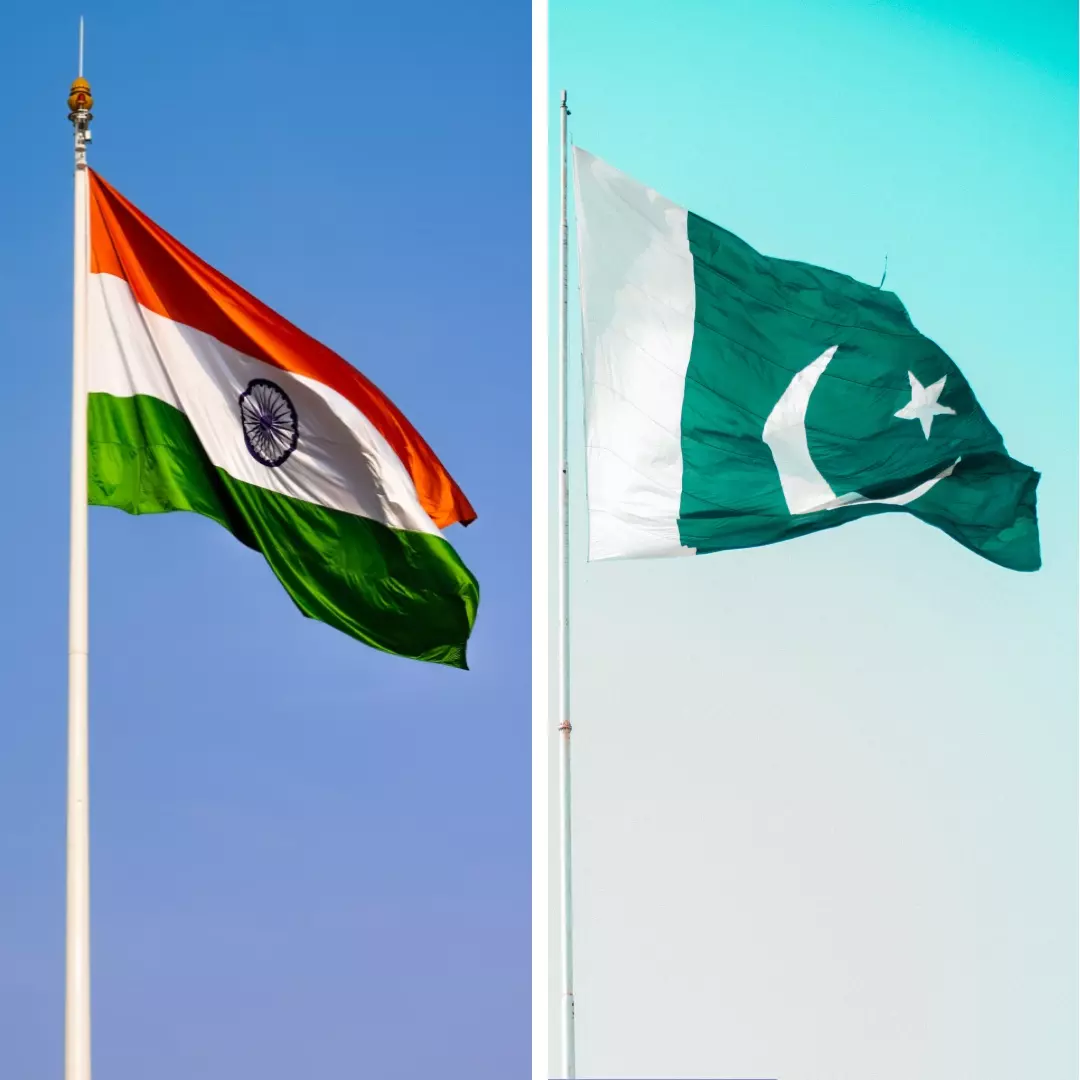India and Pakistan are currently engaged in significant negotiations regarding the Indus Water Treaty (IWT), with India formally serving notice to Pakistan on August 30, 2024, seeking a review and modification of the treaty. This move reflects India’s frustrations with the treaty’s implementation and highlights fundamental changes in circumstances that necessitate a reassessment of the agreement established over six decades ago.
Background of the Indus Water Treaty
The Indus Water Treaty was signed on September 19, 1960, after extensive negotiations facilitated by the World Bank. It governs the sharing of waters from six major rivers in the Indus system, allotting India unrestricted use of the eastern rivers (Sutlej, Beas, and Ravi) while allocating the western rivers (Indus, Jhelum, and Chenab) primarily to Pakistan. Despite its longevity, the treaty has faced numerous challenges due to geopolitical tensions and disputes over water management.
India’s Formal Notice and Its Implications
On September 18, 2024, Indian government sources confirmed that a formal notice was issued under Article XII(3) of the IWT, which allows for modifications to be made through a duly ratified treaty between both governments. The Indian government cited “fundamental and unforeseen” changes in circumstances as justification for this demand, including:
- Population Demographics: Significant changes in population have altered water usage patterns.
- Environmental Concerns: The need for sustainable water management in light of climate change.
- Cross-Border Terrorism: Ongoing security issues have complicated cooperative water management efforts.
This notice marks a critical escalation in India’s approach to the treaty, indicating a shift towards renegotiation rather than mere modification.
Disputes Over Hydroelectric Projects
The notice comes amid ongoing disputes regarding two hydroelectric projects—Kishanganga and Ratle—located in Jammu and Kashmir. Pakistan has raised objections to these projects, claiming they violate the IWT. India’s stance is that these projects are run-of-the-river initiatives that do not obstruct water flow but have been met with persistent resistance from Pakistan.
The World Bank has also become involved by activating both neutral expert mechanisms and arbitration processes to resolve these disputes, leading to further complications as India argues that such dual processes violate the treaty’s provisions.
Political Context and Future Prospects
The Modi government views this demand for treaty modification as an opportunity to rectify what it perceives as historical imbalances in water sharing. There is a growing sentiment within India that the original treaty was established under overly optimistic assumptions about Indo-Pak relations, which have since deteriorated significantly due to ongoing hostilities and terrorism.
Experts suggest that this renewed focus on renegotiation could lead to significant changes in how water resources are managed between the two nations. However, it remains uncertain whether Pakistan will agree to engage in discussions or if this will lead to further escalations in tensions.
In summary, the current negotiations surrounding the Indus Water Treaty reflect deeper geopolitical issues between India and Pakistan, with implications for regional stability and resource management. The outcome of these discussions could reshape water-sharing agreements and impact millions who rely on these vital resources.
Also Read: Swiggy Receives SEBI Approval For IPO: Key Developments And Insights












